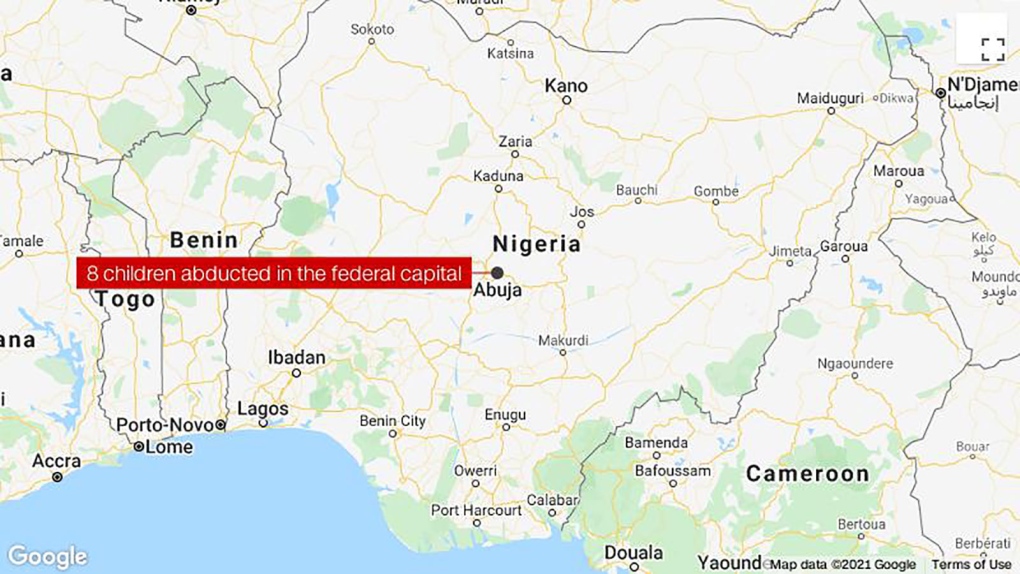
They fled the war in Nigeria's northeast. Then bulldozers levelled their homes at a camp in Abuja
CTV
The latest demolitions have evicted some of the most vulnerable people in the city of Abuja, further worsening a housing crisis caused by high rents and growing demand, activists say.
On a breezy morning at the height of the dry season six months ago, Rifkatu Andruwus and her children were chatting in front of their house in a displacement camp in the heart of Nigeria's capital. Suddenly, security forces stormed into the camp, followed closely by bulldozers.
The family of seven had just about half an hour to pack their belongings and leave before their shanty house and about 200 others were reduced to rubble.
"They sent people to come and tell us to pack," said 66-year-old Andruwus. "Then they started demolishing."
The Durumi camp for the displaced in Abuja, Nigeria's capital, had been home for Andruwus since her family fled the fighting 10 years ago between Nigerian security forces and Islamic extremists in the country's northeast.
She arrived here after narrowly escaping death herself, but one of her sons and a grandson were killed in an attack by the extremists in the town of Gwoza in the northeastern Borno state.
Islamic extremist rebels launched an insurgency there in 2009 to fight against Western education and to establish Islamic law, or Sharia, in the region. At least 35,000 people have been killed and more than 2 million displaced due to the violence by the militant Boko Haram group and a breakaway faction backed by the Islamic State group, according to U.N. agencies.
Since the demolition of Durumi in December, Andruwus and hundreds of others who had lived in the camp, have been forced to spend their nights out in the open and under the rain -- with no compensation or alternative shelter provided by authorities.
